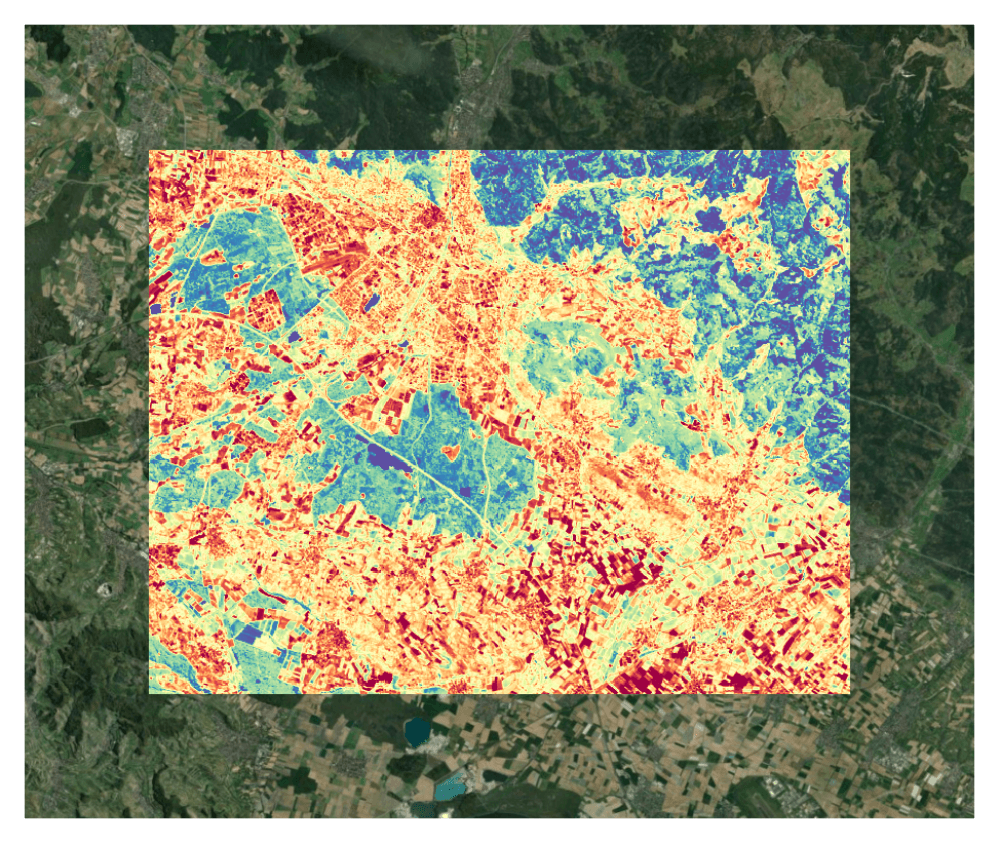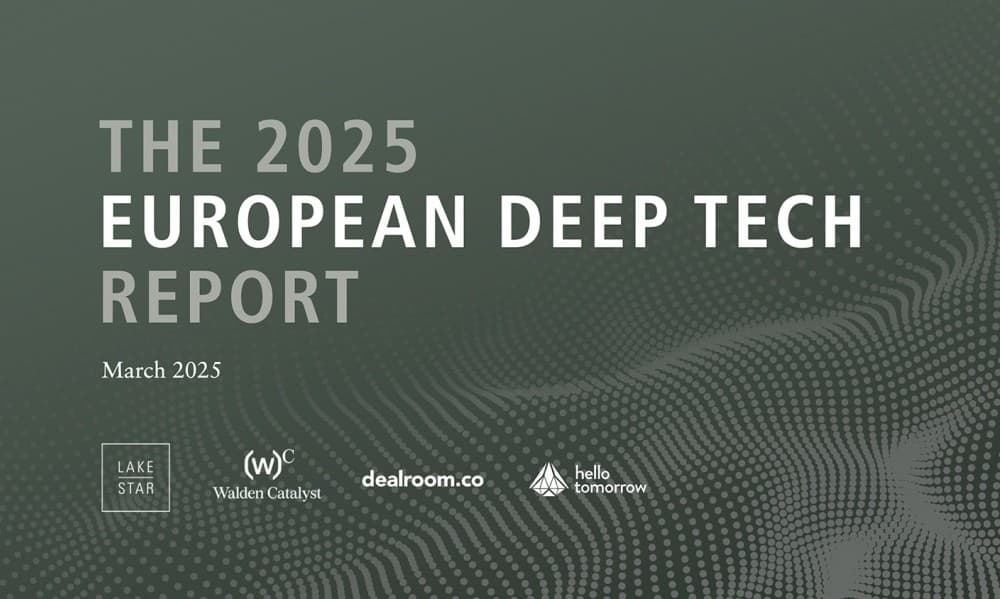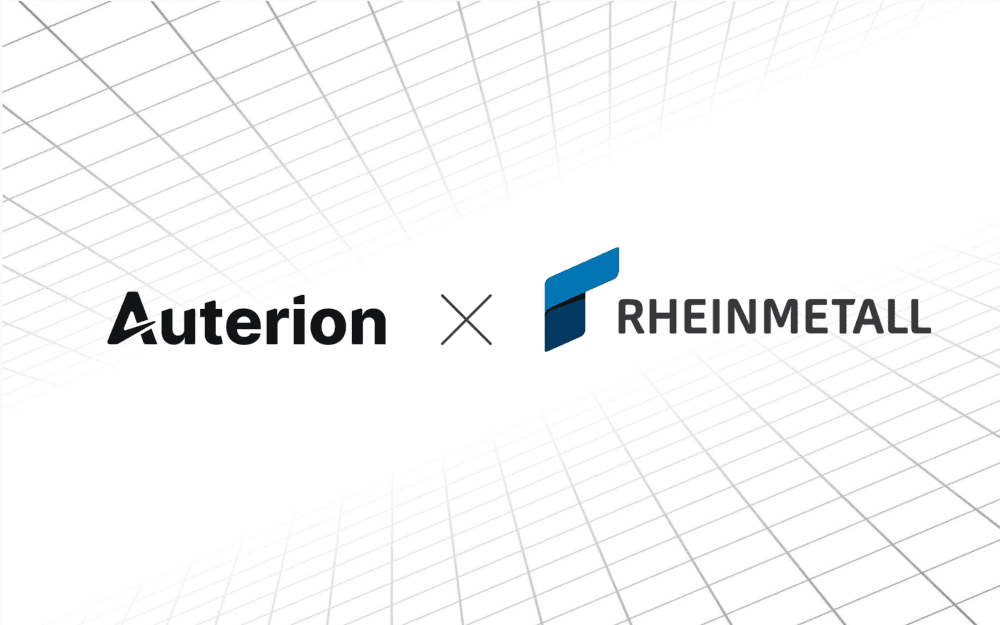Insights|
Lakestar, Walden Catalyst and Dealroom launch the third edition of the European Deep Tech Report
The report aims to align Europe's definition of Deep Tech, examine the characteristics of the European ecosystem, dive deep into key areas of Deep Tech, and lay out ways it can enhance its global competitiveness.
Steve JacobsLukas LeitnerChristina Franzeskides
Setting the definition of Deep Tech: Fundamentally new science & engineering making it's way into products and companies for the first time
The biggest challenges of today require fundamentally new science & engineering. Throughout history, these innovations, like electricity, the internal combustion engine, or the transistor, have sparked waves of transformative change, giving rise to multi-billion-dollar enterprises. The future trillion-dollar company will emerge from cutting-edge technologies such as Novel AI, Future of Compute, Space Tech, Novel Energy, Computational Biology and Chemistry.
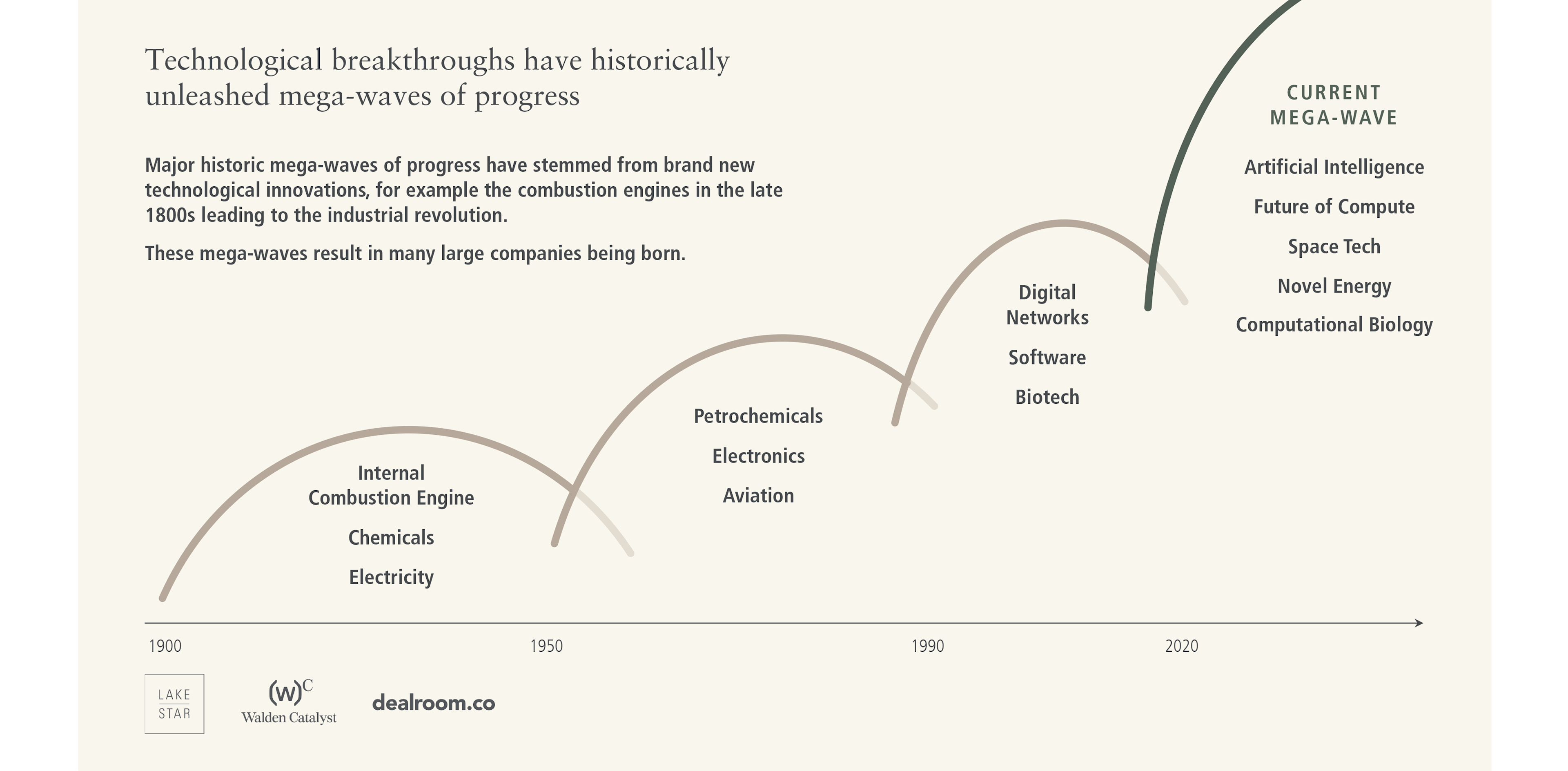
Europe has all the ingredients to become a worldwide hub for Deep Tech
Europe is well-equipped with the essential elements to establish itself as a global hub for Deep Tech excellence, a development crucial for the sovereignty of the continent. Recognising the pivotal role of deep technologies, both national and European institutions have strategically redirected resources to support and bolster this transformative field. These institutions understand the significance of fostering a robust ecosystem, as it not only enhances technological prowess but also contributes to the overall sovereignty of Europe in an increasingly competitive global landscape. These efforts are underscored by initiatives such as the €1 billion NATO fund, as well as innovation programs like SPRIND and JEDI, collectively reflecting a concerted commitment to advancing Europe's position in the realm of Deep Tech. Moreover, this strategic focus aligns seamlessly with the positive sentiment among citizens, with 90% of Europeans expressing the belief that the overall impact of science and technology is positive.
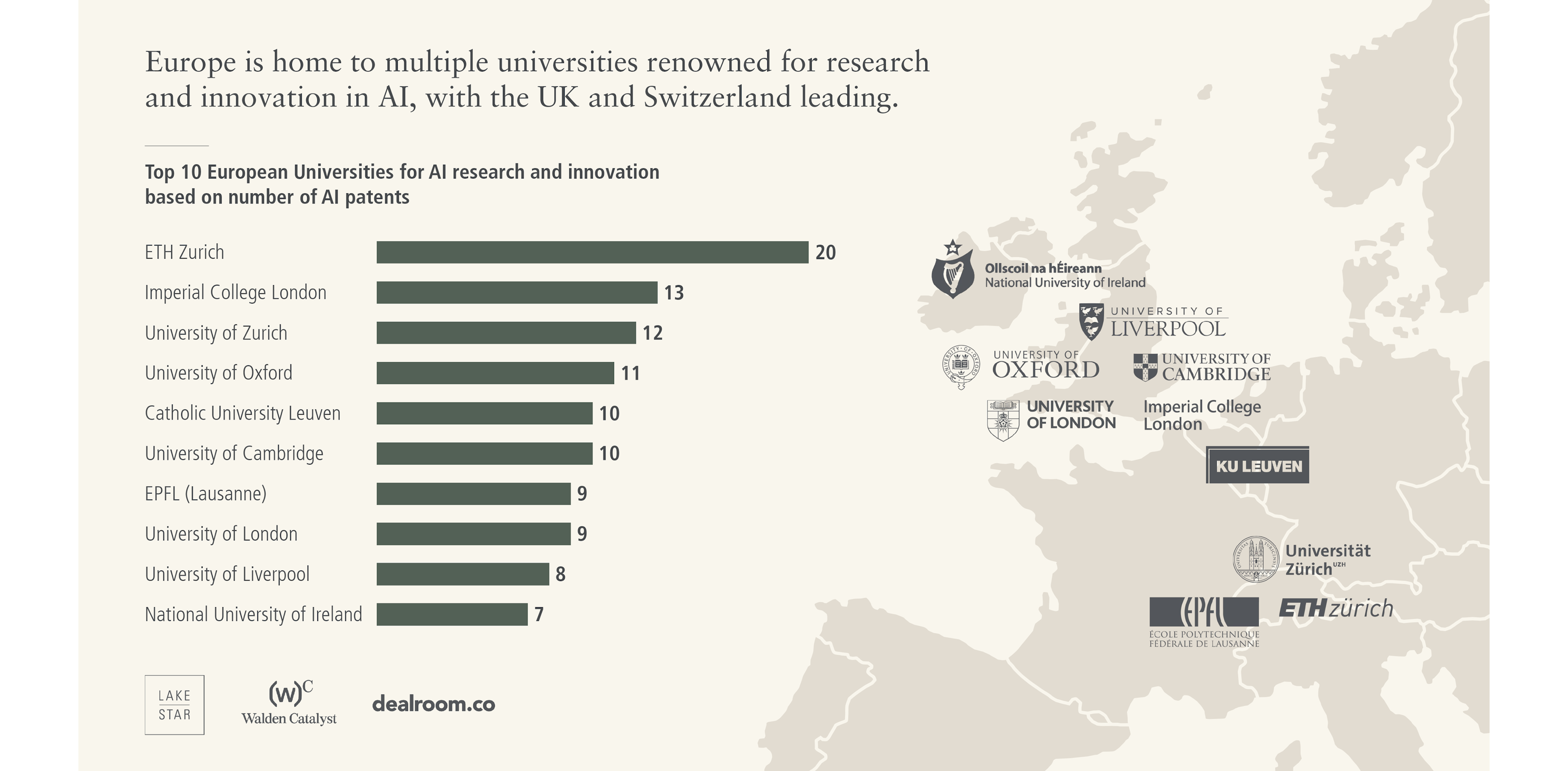
Deep Tech is the largest European Venture Capital category and has demonstrated remarkable resilience, even amid the market slowdown
In summary, Deep Tech stands out as one of the most resilient categories in venture capital, with approximately $15 billion year-to-date in 2023, nearly on par with 2022 figures, in stark contrast to the -38% decline observed in the overall European VC funding. For investors, engaging in Deep Tech ventures can serve as a hedge against the uncertainties of momentum investments; when pursuing radical innovation, market cycles become significantly less influential.
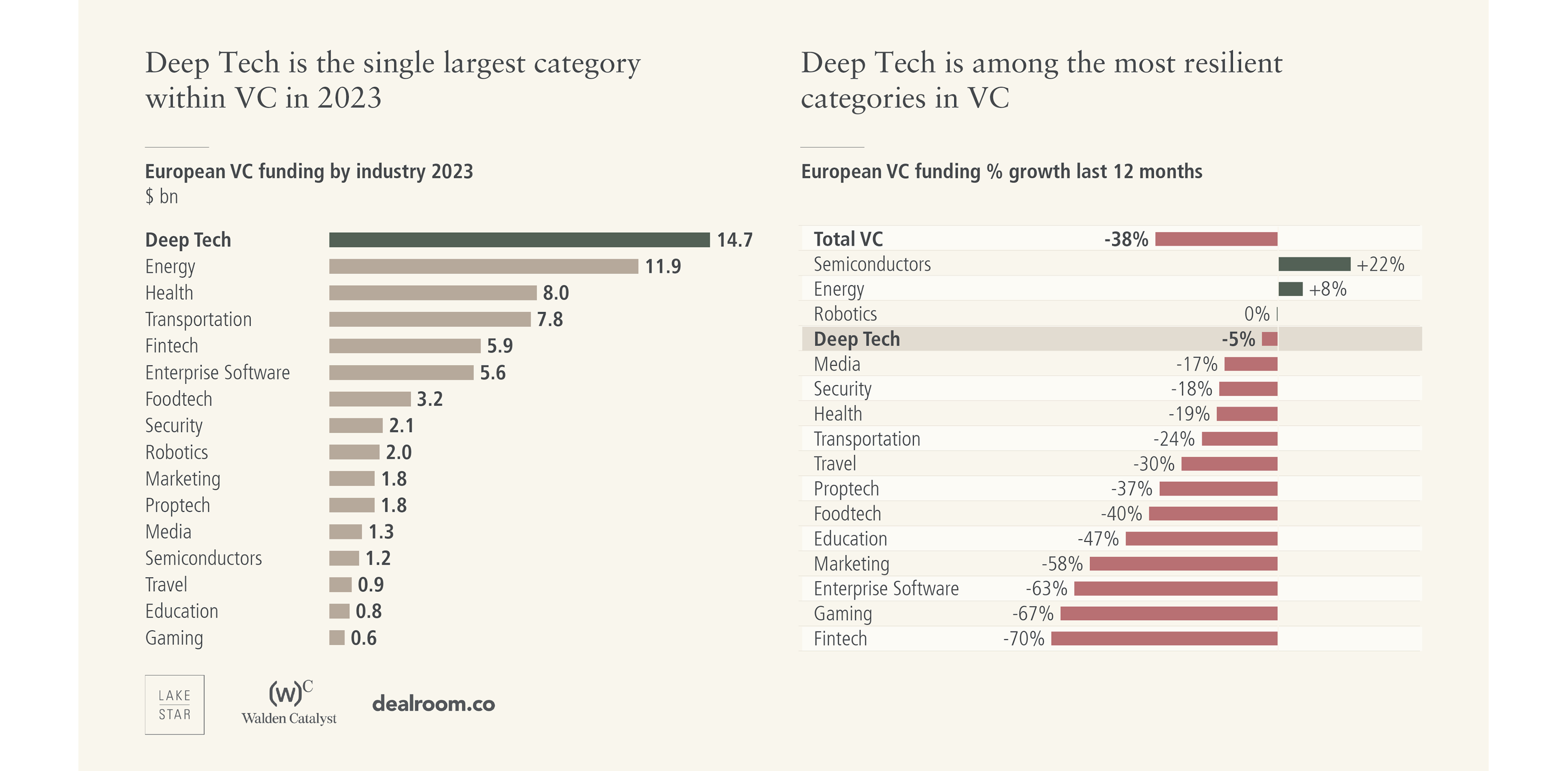
Significantly, emerging Deep Tech hubs are beginning to surface in Europe. Between 2018 and 2023, London attracted $12.8 billion, Stockholm secured $10.3 billion (largely propelled by mega-rounds), Paris accumulated $7.7 billion, Munich obtained $4.9 billion, and Oxford & Cambridge jointly garnered $9 billion. These hubs carry the potential to transform into centres of excellence and innovation powerhouses for Europe. Deep Tech companies in these focal points are poised to be more globally competitive.
In terms of exits, two standout events include the IPO of ARM, amounting to approximately $54 billion, and the acquisition of InstaDeep by BioNTech, totalling around $562 million.
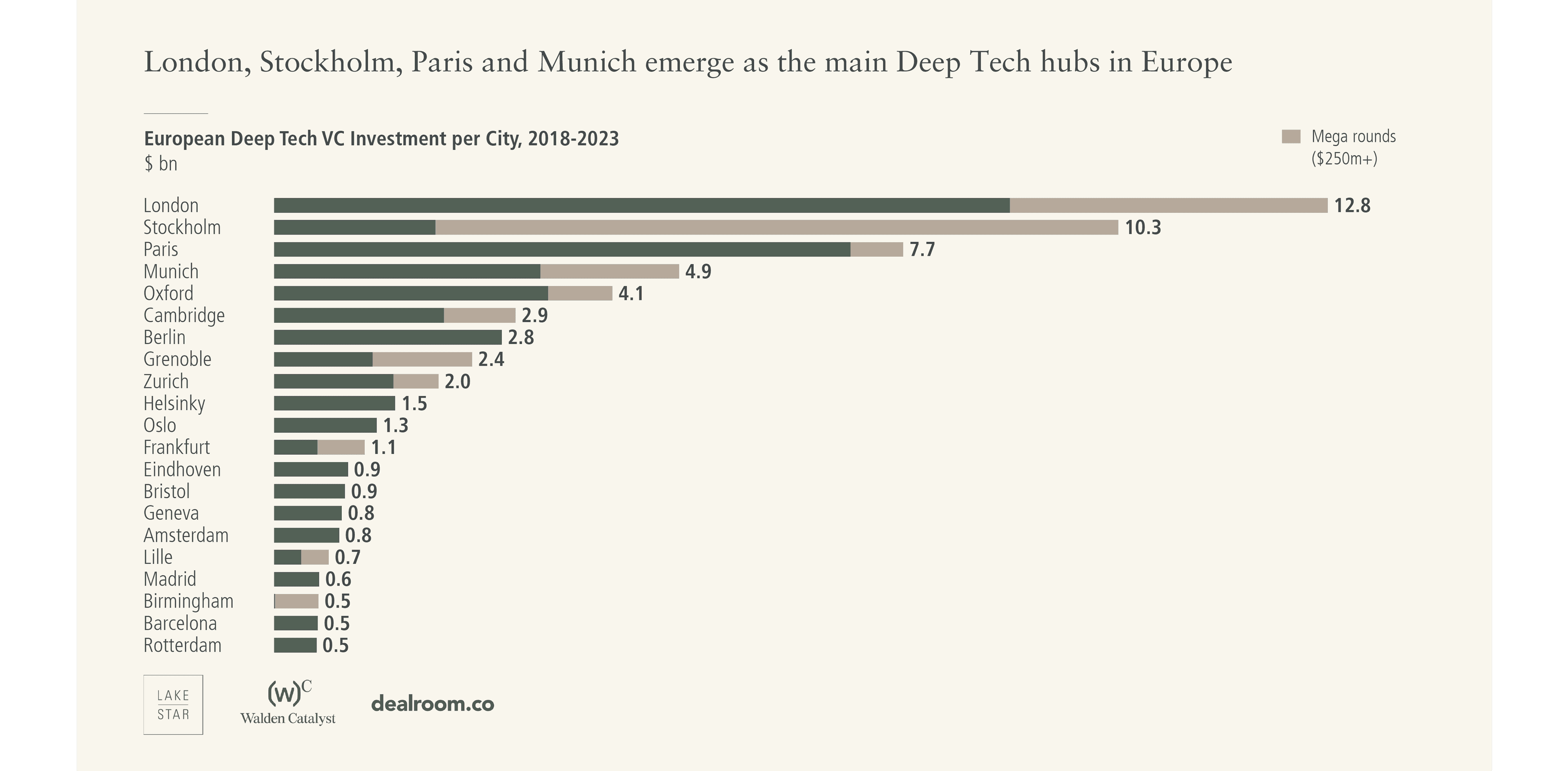
Europe must continue to develop concentrated talent hubs and enhance its growth-stage financing to be competitive on the world stage
Several significant challenges persist in Europe, including the need to incentivise greater numbers of entrepreneurs to enter the Deep Tech sector, harmonise terms related to university spinouts, foster the creation of denser talent and excellence clusters, expand the limited partner (LP) base and enhance the involvement of institutional investors. Additionally, there is a crucial emphasis on highlighting the importance of governments and corporations as customers, fortifying exit channels, and promoting diversity among both founders and investors. Addressing these challenges requires a united front, where Europe embraces coopetition, combining elements of cooperation and competition to collectively overcome these obstacles.
“Now is the time for Europe to cultivate its technology epicentres, where pioneers converge, collide, and catalyse the future of technology borne from Europe.”
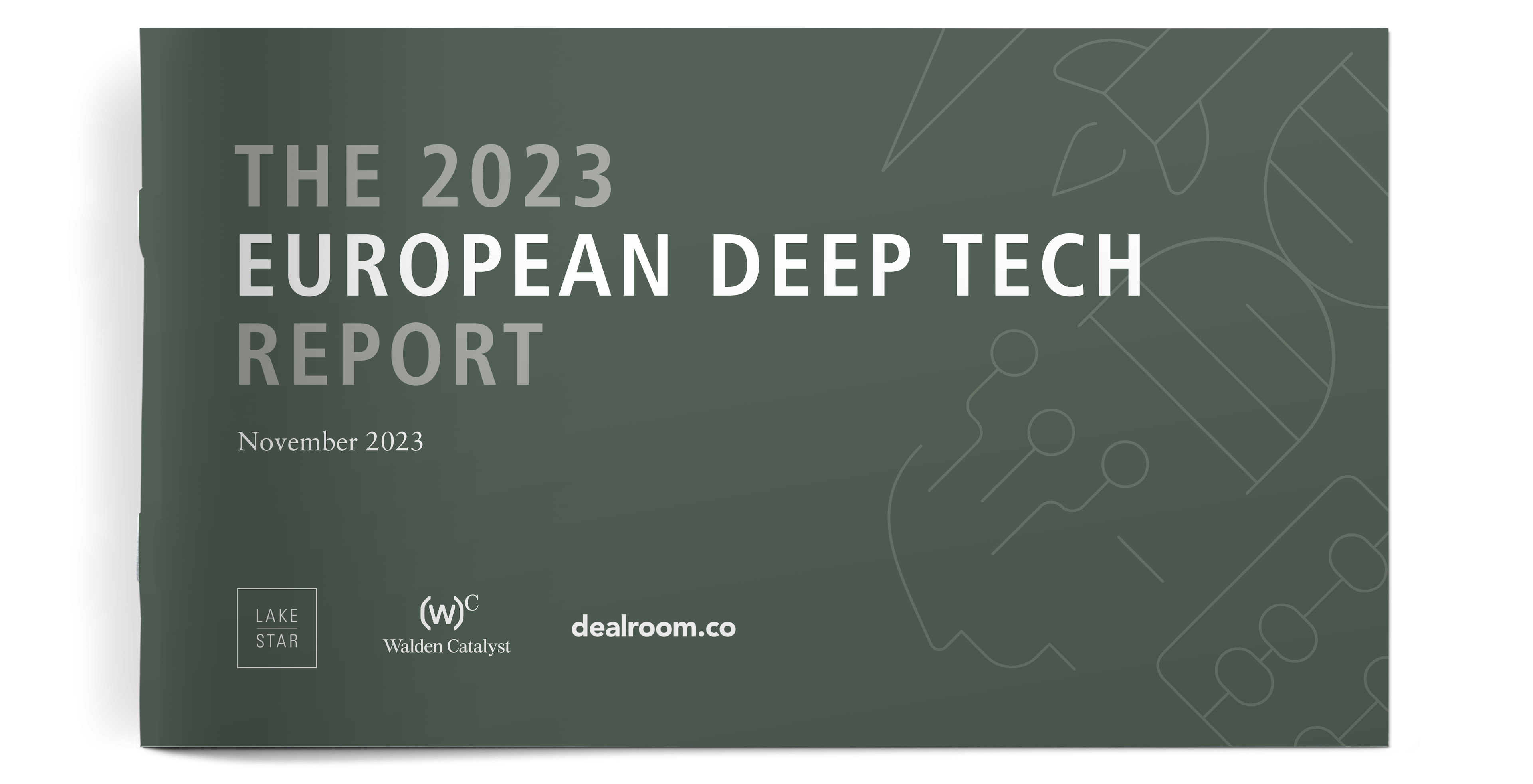
Read the report
